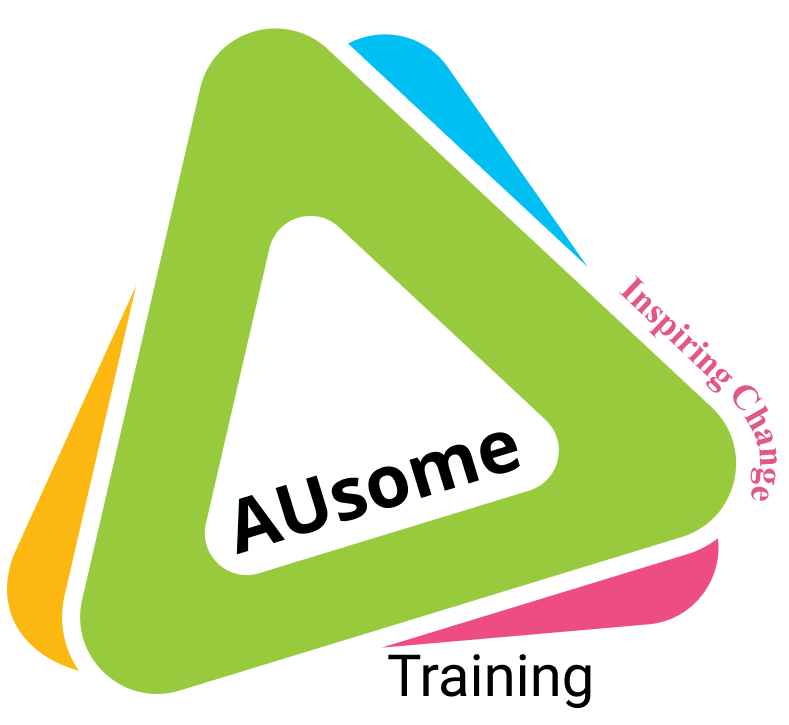What are the statistics regarding Autistic mental health in Ireland?
We get asked this a lot. Simple answer…
There aren’t any.
There is research relating to mental health among Autistic people elsewhere. That research was done only because we already knew there is a problem.
In this sense, the job is done. It’s been ‘done’ for many years now. What is needed is for professionals and policy-makers to make needed changes to address the problem.
So why do we need all that ‘percentage prevalence’ research then?
Services, supports, accommodations within our society are measured primarily in terms of cost versus the likely effect on individual and national productivity. It is almost wholly about money: what will this cost versus what tax revenue will it produce.
This is the game. To play it, you need numbers, and the numbers need studies to show they are real, notably including ‘prevalence’ studies.
What they tell us often seems contradictory. Here’s a few examples.
Between 10% and 54% of Autistics have Anxiety.
Three studies from the same source at different dates showing 10%, 28% and 35% of Autistics are depressed.
One study showing <1% of Autistics have PTSD, another saying it's 47%
And my favourite: 10% of Autistics experience Depression at some point during their lifetime, but also 54% currently experience Depression.
I think the point is amply made.
People have asked different questions, and used different methods and definitions, have different reasons for asking, and asked vastly varying groups of people… and it is no surprise that the answers are, at best, difficult to parse.
That inconsistency has been used to cast doubt on the underlying message, and justify inaction. After all, we can’t risk wasting money.
So, what is that underlying message?
That Autistic people are significantly more likely to experience mental health issues than the wider population; that next to nothing is available to address this; that anything extra will make life better.
Above all, until we are actually asked what we need, anything on offer is likely to miss the mark… and that will waste money. And our time. And too often does us harm, not good.
There are ways around all this, and AUsome Training, through programmes like the acclaimed Cothú training, or our SNA, Teacher and Therapist courses, have sought to bypass the obstacles somewhat.
Even so, we regularly get asked to justify our claims about Autistic mental health by reeling off a list of supporting peer-reviewed population prevalence studies.
Rather than cherry-pick the ‘best’ studies to support our position, this needs to be as much about those vast variances in results and the ways we might come to assess what probable prevalence levels are.
To do this we will focus on three key topics: Depression, Anxiety, and PTSD. The sources referenced often include data on other topics should they be of interest. I’ll also compare the results against those from the 2022 survey carried out by Autistic Not Weird.
Anxiety
Autistics with a current anxiety disorder diagnosis:
2014, Sweden, n=50 @ 28% (Bejerot et al 2014)
2014, Utah, USA, n=129 @ 40% (Buck et al 2014)
2016, Netherlands, n=138 @ 54% (Lever & Geurts 2016)
2017, USA, n=11,478 @ 31-36% (Houghton, Ong et al 2017)
2017, USA Medicaid, n=10,775 @ 17-24% (Houghton, Ong et al 2017)
2019, International, n=26,070 @ 27% (Hollocks et al 2019)
WHO global estimated rate for anxiety disorders is ~4%, the USA rate since 1991 was highest in 2021 at 6.9%. Canada sits a bit above 8%.
The Irish rate for GAD from a 2022 study (Hyland et al) was 7.1%. However, I must also point to the 2024 annual survey by Aware which showed 17% in Ireland with a diagnosis for any anxiety condition. I’m taking that 2024 prevalence as correct, despite being 2.5 times higher than others, both because it is most recent and because, unlike Hyland, it covers all anxiety conditions.
A mere glance at the six cited studies of Autistics shows Autistic anxiety rates are significantly higher. Assessing Autistic anxiety as probably 4+ times higher (for the USA, where we have the most data, incidence is 3 to 8 times higher) seems supportable. That suggests 68% of Autistics experiencing anxiety currently, and lifetime rates will be way, way higher.
The 2022 Autistic Not Weird (ANW) survey shows 69.28% of 7,491 Autistic respondents experience anxiety, a close parallel to this assessment.
Depression
So what about Autistics with a current Depression diagnosis:
2016, Netherlands, n=138 @54% (Lever & Geurts 2016)
2016, UK, n=260 @20% (Russell et al 2016)
2017, Australia, n=76 @25% (Hedley et al 2017)
2018, UK, n=2095 @28-35% (Houghton, Liu et al 2018)
2019, International, n=26117 @19% (Hollocks et al 2019)
2020, Greece, n=87 @24-29% (Pehlivanidis et al 2020)
We also have a 2022 study in the USA (Accardo et al) suggesting AuDHD adolescents experienced depression at 38-39% when population-wide rates according to the CDC for their peers were at 4.6% – more than eight times higher.
WHO pre-COVID incidence was about 6%, Hyland’s Irish 2022 study put MDD in Ireland at 11.5%, similar to comparable countries, and Aware’s Irish 2024 survey showed 21% had some kind of Depression diagnosis. So we start with 21%. The cited studies show a range from 1-2.5 times this rate. The range is lower than the rate for anxiety and most fall at the lower end, but we also need to account for the evidenced doubling in rates post COVID among other factors, so let’s suggest 2.5+ times the population-wide rate: ~52%.
The ANW 2022 survey gives 59.38% and taking the above studies and the ANW results together the statement Likely >50% of Autistics currently experience depression seems supportable. Inevitably, that also points to significantly higher rates across the lifetime.
PTSD
Data on PTSD for Autistics is sparse. What we do have is summarised below, and does not include cPTSD. Due to diagnostic overshadowing, consciousness of Autistic PTSD has been limited, and meaningful research effectively begins from 2018.
Incidence rates for Autistics currently meeting PTSD symptom criteria:
2018, USA, n=460 @ 46% (experienced ABA) & @ 29% (no ABA) (Kupferstein 2018)
2020, International, n=59 @ 40% (Rumball et al 2020)
2020, Israel, n=50 @ 32% (Haruvi-Lamdan et al 2020)
2021, International, n=82 @ 47% (Rumball et al 2021)
Only the 2018 paper looked at the Autistic population as a whole, which (along with the larger size) makes Kupferstein’s 2018 paper particularly useful, indicating >30% PTSD rates. PTSD incidence in the wider population typically falls in the 4-4.5% range:
WHO data gives 3.9% lifetime prevalence
US National Center for PTSD says 5%, the NIMH says 3.6%
Philip Hyland again provides Irish data: 5% for PTSD and 7.7% for cPTSD
And the Autistic Not Weird 2022 results from over 11,000 respondents… 36.74%
On this basis it seems likely that Autistic PTSD prevalence is 6-7 times the wider population level, and I would thus suggest >30% as a reasonable measure of current PTSD incidence until we have better understanding and larger data sets.
Taking this approach regarding bipolar, personality types, ODD, suicidality, eating disorder etc. gives similar outcomes – there is a clear, marked excess prevalence among Autistic people.
To recap, I’ve suggested that it is very likely that:
Approximately 68% of Autistic people experience anxiety at any time
About 50% of Autistics are experiencing depression at any given time
At least 30% of Autistics are experiencing ongoing PTSD symptoms at any time
Compared to estimated prevalence across the population generally, these represent:
At least 400% the baseline anxiety level; 250% the depression level; 600% the PTSD level
There is reason to believe these are underestimates. As they stand they are a stark reminder of the mental health crisis that is our every-day experience, and that remains true even if the suggested prevalence were slashed to half these rates.
The utter absence of studies in Ireland is shameful. The Mental Health Ireland resources library has nothing. The HSE have no stats either. Nobody does.
The analysis above is, for all its many limitations (of which I am painfully aware), not only the best assessment of Autistic mental health in Ireland to date… it appears to be the only such analysis ever (bar smaller exercises I did in 2017 and 2021), yet all this results in horrendous health outcomes and dramatically reduced life expectancy for Autistic people.
This is killing us.
Beyond that last statement, nothing in here is certain, but that’s okay. Work out the stats later, just stop obstructing the very real aid we very clearly need right now. Thanks. And please.
[Studies cited in the text and selected others used as reference can be accessed HERE]
MAQQI July 2025




